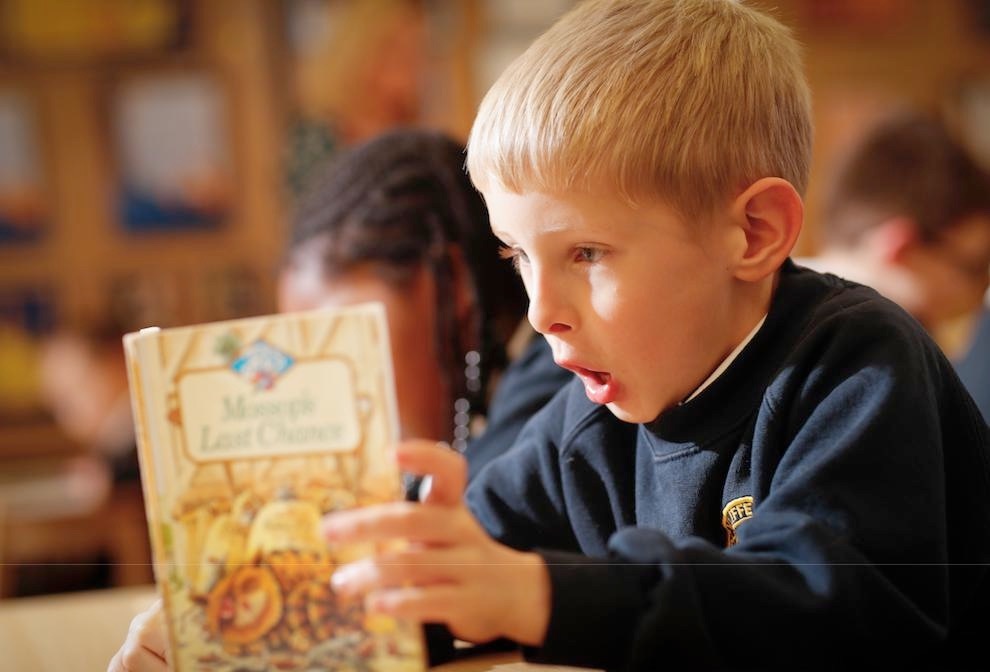
Welcome to the Inspire Partnership’s reading exemplification materials. We hope that this document will provide useful models for staff when thinking about how to plan effective questions around reading to enable all pupils to reach at least the expected standard for their year group.
Children in Key Stage 1 are taught reading lessons daily, using a combination of the once weekly guided reading lessons and then moving on to whole class reading in the spring and summer term. The focus in year 1 is for the children to decode fluently, therefore teachers ensure the children read daily. Children in key stage two are taught reading daily using the whole class reading approach based on research and studies. A combination of trials conducted across our partnership of schools and good practice seen in other schools led to our whole class reading ethos.
The approach involves daily sessions incorporating whole class modelling, partner work and independent reading to deliver structured daily reading sessions. The whole class reading sessions encompass the key principles of effective reading provision and fully meets the requirements of theNational Curriculum. Children record reading lessons in their ‘reading journals’. Snapshots of the learning across the week are captured through ‘selfies’ and comprehension questions (big questions) are designed with a focus on specific reading strategies.
Children deepen their understanding of the texts they read through the systematic use of a seriesof strategies and language stems. The strategies include predicting, questioning, inferring, clarifying, summarising, making connections and evaluating. The sessions also build a culture of reading for pleasure and purpose. The whole class reading approach enables children to become successful readers through the explicit teaching of key strategies and supports teacher’s formative assessment of reading. It also ensures engagement though an interactive approachand provides a structured methodology to teach key learning behaviours which allow children to be fully independent learners.
Principles of Whole Class Reading
• To create quality experiences for our children
• To promote reading enjoyment
• To increase reading mileage
• To build firm foundations
• To develop thinking and understanding
• To ensure oracy is at the heart of reading lessons
“In year 5 we used to do guided reading every two days and we used to read the same story as in English. In year 6 we read a different text than our English text. Sometimes we use visual pictures and write questions about what was going on. We have been taught strategies like when you write a prediction you always have to write why you have made that prediction. I really enjoy thesessions because I get to read things I haven’t read before. It allows me time to think about what I have read. I like that there is now more discussion because we have slowed down what we read.
It is not a reading race. We all start and finish at the same time so we can talk about the book. ?It feels like we get more done even though we read less.” Prasanna, Year Six
Best wishes,
Reading Hub